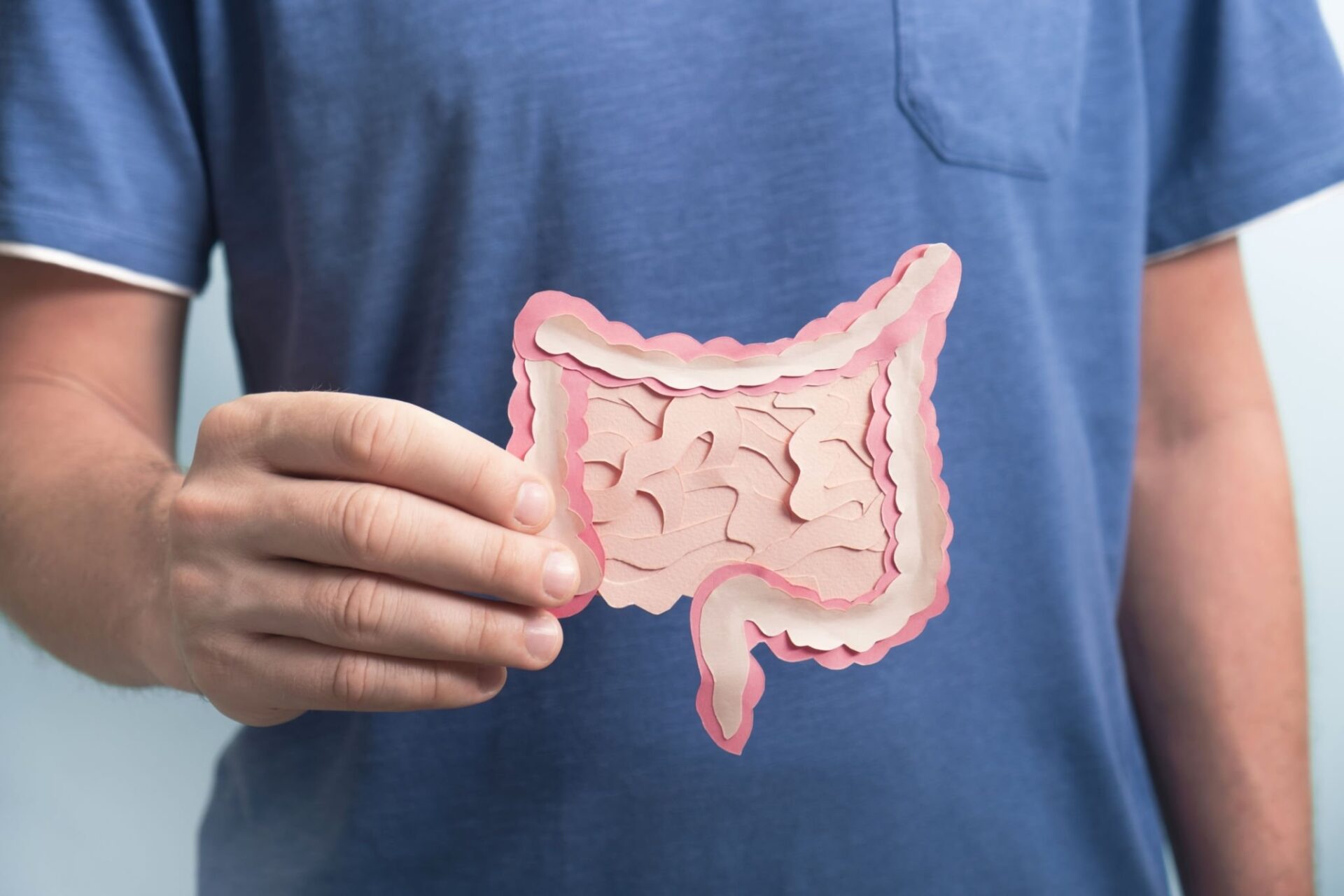The Power of Mindfulness: How Practicing Mindfulness Can Transform Your Health

In the midst of our busy lives, where stress and distractions seem to be constant companions, finding moments of peace and calm can feel like a distant dream.
However, there is a powerful tool that can help us navigate the chaos and transform our health and well-being: mindfulness.
With its roots in ancient traditions, mindfulness has gained popularity in recent years as a practice that can positively impact our mental, emotional, and physical health.
In this article, we will explore the profound benefits of mindfulness and provide practical guidance on incorporating it into our daily lives.
The Essence of Mindfulness
At its core, mindfulness is the art of being fully present in the moment, without judgment or attachment. It involves directing our attention intentionally to the sensations, thoughts, and emotions that arise within us, with a sense of curiosity and acceptance.
Through mindfulness, we can cultivate a deeper connection with ourselves and the world around us.
Enhancing Mental Well-being
One of the remarkable benefits of mindfulness is its ability to enhance our mental well-being. Research has shown that regular mindfulness practice can reduce symptoms of anxiety, depression, and stress.
By bringing awareness to our thoughts and emotions without getting caught up in them, we gain a greater sense of clarity and perspective.
Mindfulness empowers us to observe our negative thinking patterns and develop a compassionate attitude towards ourselves, leading to increased self-esteem and emotional resilience.
Managing Stress and Boosting Resilience
In our fast-paced, demanding lives, stress has become a pervasive issue. The practice of mindfulness offers a powerful antidote to stress, allowing us to respond to challenges with greater ease and resilience.
By cultivating present-moment awareness, we can step out of the autopilot mode and recognize the signs of stress in our bodies and minds. Mindfulness teaches us to pause, take a deep breath, and respond rather than react impulsively.
Over time, this helps to regulate our stress response, leading to improved emotional well-being and overall health.
Promoting Physical Health
While mindfulness is often associated with mental and emotional well-being, its benefits extend to our physical health as well. Studies have shown that mindfulness can lower blood pressure, reduce chronic pain, and improve sleep quality.
By focusing our attention on the sensations in our bodies, we become attuned to our physical needs and can respond to them more effectively.
Additionally, mindfulness can encourage healthier lifestyle choices, such as mindful eating and regular exercise, further enhancing our physical well-being.
Cultivating Compassion and Empathy
Mindfulness not only deepens our connection with ourselves but also fosters a greater sense of compassion and empathy towards others.
As we develop awareness of our own struggles and vulnerabilities, we become more attuned to the experiences of those around us.
Mindfulness practice nurtures qualities such as kindness, patience, and understanding, which can positively impact our relationships and create a more harmonious and supportive social environment.
Incorporating Mindfulness into Daily Life
Now that we understand the transformative power of mindfulness, let’s explore some practical ways to incorporate it into our daily lives:
- Mindful Breathing: Take a few moments each day to focus on your breath. Simply observe the sensation of inhaling and exhaling, allowing your breath to anchor you in the present moment.
- Body Scan Meditation: Set aside time to scan your body from head to toe, paying attention to any sensations or areas of tension. This practice promotes relaxation and body awareness.
- Mindful Eating: Engage all your senses while eating, savoring each bite without distractions. Notice the flavors, textures, and smells of your food, cultivating gratitude for nourishment.
- Mindful Movement: Whether it’s walking, yoga, or any form of exercise, engage in mindful movement. Pay attention to the sensations in your body, the rhythm of your breath, and the environment around you. Let go of distractions and fully immerse yourself in the present moment.
- Digital Detox: Set aside dedicated time each day to disconnect from digital devices. Instead of mindlessly scrolling through social media or emails, use that time for mindful activities like reading, journaling, or simply being present with your surroundings.
- Mindful Listening: Practice active and attentive listening in your conversations with others. Give them your undivided attention, without judgment or the need to formulate a response. Truly hear what they are saying, fostering deeper connections and understanding.
- Gratitude Practice: Cultivate a daily gratitude practice by reflecting on the things you are grateful for. It can be as simple as acknowledging a beautiful sunset, a supportive friend, or a small act of kindness. Gratitude cultivates positivity and shifts our focus towards appreciation.
- Mindful Stress Management: When faced with stressful situations, pause and take a few deep breaths. Notice any tension or discomfort in your body and allow yourself to release it with each exhale. Approach challenges with a calm and centered mindset.
- Mindfulness Apps and Resources: Explore various mindfulness apps and online resources that offer guided meditations, mindfulness exercises, and educational materials. These tools can provide support and structure as you embark on your mindfulness journey.
- Mindfulness in Daily Activities: Bring mindfulness into your everyday routines. Whether it’s washing dishes, brushing your teeth, or taking a shower, engage fully in the experience. Notice the sensations, smells, and movements involved in each activity.
Conclusion
The power of mindfulness to transform our health and well-being is undeniable. By incorporating mindfulness into our daily lives, we can experience increased mental clarity, reduced stress, improved physical health, and enhanced relationships.
Remember, mindfulness is not a quick fix but a lifelong practice that requires patience, commitment, and self-compassion. Start with small steps, gradually integrating mindfulness into different aspects of your life.
Embrace the present moment, and discover the profound impact it can have on your overall health and happiness.
So, take a deep breath, find a moment of stillness, and embark on your mindfulness journey today.
Your mind, body, and spirit will thank you for it.

